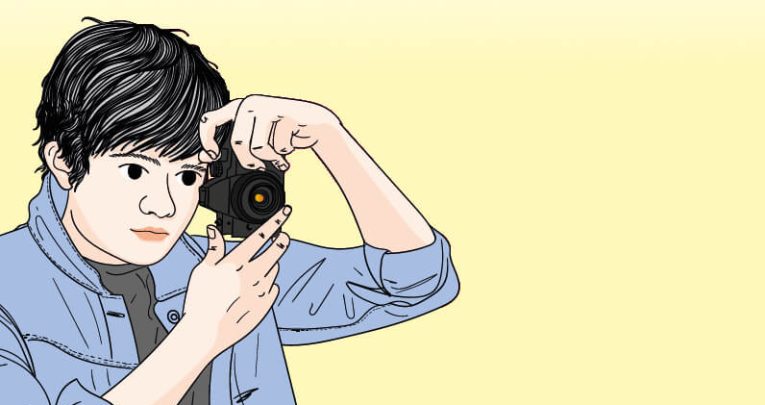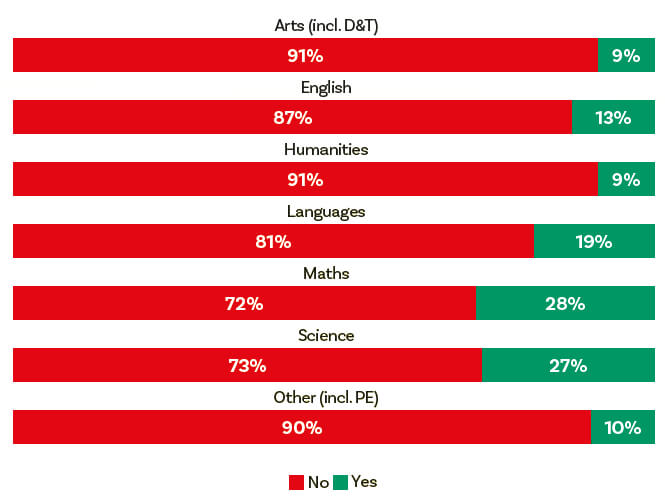Teachers having second jobs – 3 things we’ve learned

Teaching may be a time-intensive career, but that hasn’t stopped some from using their skills and knowledge to earn a supplementary income, finds Laura McInerney…

1 | Teachers make extra cash by… teaching!
Imagine a student has been struggling in your lessons. The school offers revision lessons for free, but the child’s parents get in touch and offer you money to individually tutor the child at weekends. Do you accept?
The ethics of this are tricky, and in many cases the school wouldn’t allow the relationship – but our Teacher Tapp survey data suggests that around one in four secondary teachers do some private tutoring on the side.
The figures are much lower for middle leaders (16%) and senior leaders (6%). Maths and science teachers are by far the most in demand (around 27% of them tutor), with MFL teachers coming in next at 19%.
Arts and humanities teachers earn the least extra cash, with fewer than one in 10 providing tutoring in the past 12 months. That said, humanities teachers can take some consolation from being able to sell resources online at a higher rate than any other subject!
2 | Demand for tutoring varies by location
Teachers are treated as heroes if their class gets top grades, but is all that learning actually happening in the classroom? When we asked whether teachers knew of at least one pupil receiving tutoring, the majority said yes.
Those of you working in the independent sector and schools located in wealthier parts of the country are around 25% more likely to answer that question in the affirmative, compared to teachers at schools in less advantaged areas.
We also see a huge difference in private school tutoring. If you work in a grammar school area – and particularly at the grammar school itself – you’re far more likely to have pupils who received tuition during their first years of schooling, compared to pupils in other parts of the country.
Admissions tests in selective areas spur parents on to begin tutoring much earlier, meaning that secondary teachers in these places have more chance to be employed as tutors outside of school too.
3 | *Peep, peep* – referee!
Secondary schools are full of people with many different subject-related talents, which means teachers often have jobs outside of school that gel with their specialisms.
Nearly one in three arts and design teachers earn extra money outside teaching, along with around a quarter of PE teachers. We found that music teachers frequently play in bands or as session musicians in recording studios.
Have you earned any money from tutoring in the last 12 months?

Artists sell their work, designers carry out freelance website and marketing commissions and PE teachers will bring in cash from providing refereeing and sports coaching services.
That said, we also found a scientist who’s a referee and a guitar-playing geographer – a great reminder of just how diverse the profession really is.
But what of the English teachers, who appear to do little tutoring or other work for cash – are they all sat at home watching telly? Truth is, they’re probably marking books…
For more snappy insights like this, and to be part of the panel, please join in via the free Teacher Tapp app available to download for iOS and Android. You will learn something new every day.











